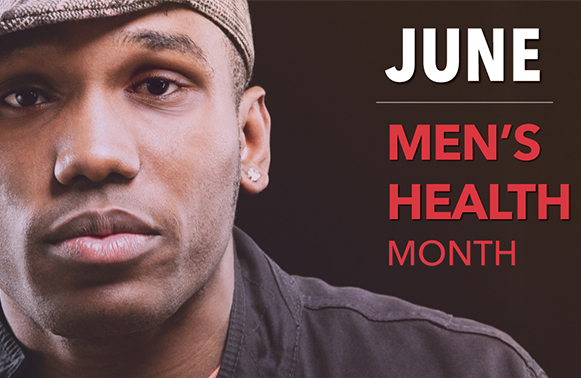Lupus Counts as a National Men’s Health Issue

Lupus Counts as a National Men’s Health Issue
June is National Men’s Health Month, when the Lupus Research Alliance works to raise awareness of lupus as a health issue among men to help early diagnosis and treatment. If a man has symptoms like extreme fatigue, skin rashes, joint pain and unexplained fevers – symptoms that can indicate lupus – he should talk to his doctor.
Not enough is known about lupus but even less is known about lupus in men because it is much less common. Lupus is often thought of as a women’s disease, but about one out of every 10 people who have lupus is a man. Research funded by the Lupus Research Alliance aims to learn why.
One explanation lies in the difference between women’s and men’s chromosomes, the long pieces of DNA within each cell that contain our genes lined up one after the other like beads on a string. Women have two X chromosomes, while men have one X and one Y chromosome. With her grant from the Lupus Research Alliance, Laura Carrel, PhD, The Pennsylvania State University College of Medicine is studying how this difference in the number of X chromosomes might cause women to be more prone to lupus than men. This study will help us understand the biology of lupus and point to targets for new drugs.
Some researchers have focused on how lupus may affect men and women differently. Their studies have shown that symptoms are similar among men and women, like skin rash, extreme fatigue and joint pain. Other findings suggest that damage to the kidneys, brain and heart are more common in men.[i] Still other studies have shown that men with SLE have more seizures, anemia and blood clots, but seem to be less likely to have Sjögren’s syndrome.[ii]
Other researchers have looked at and not found a difference in the average age males and females have their first symptom of lupus or are diagnosed. And overall death rates in men are similar to those in women. [iii]
“Further studies are needed to learn why lupus affects women more than men, and if there are gender differences in its effects that may alter treatment,” said Diane Gross, MPH, National Director of Advocacy and Programs at the Lupus Research Alliance.
[i] Mok CC, Lau CS, Chanz TM, Wong RWS. Clinical characteristics and outcome of southern Chinese males with systemic lupus erythematosus. Lupus. 1998;8:188–96. [PubMed] [Google Scholar]
[ii] Miller MH, Urowitz MB, Gladman DD, et al. Systemic lúpus erythematosus in males. Medicine (Baltimore) 1983;62:327–34. [PubMed] [Google Scholar]
[iii] https://academic.oup.com/rheumatology/article/52/12/2108/1800505



